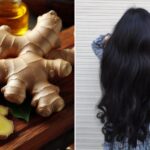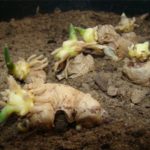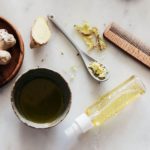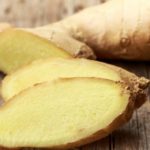Ginger has recently taken social media by storm, with trends suggesting that ginger stimulates hair growth and treats scalp issues. A simple keyword search for “ginger for hair growth” will yield a plethora of results, with the topic consistently trending.
Benefits for the Scalp
Ginger possesses anti-inflammatory properties and is effective in reducing acne, scalp redness, and signs of brittle hair prone to breakage. Rich in fatty acids, ginger can enhance the strength and resilience of individual hair strands.
Ginger’s anti-inflammatory nature also promotes blood circulation, reducing general inflammation and acting as a topical treatment for acne-prone scalps. The antioxidants present in ginger further aid in preventing signs of aging in hair fibers.
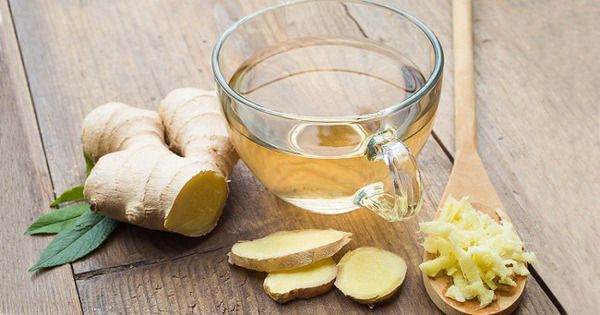
Ginger helps reduce acne, scalp redness, and brittle hair
Ginger Does Not Stimulate Hair Growth
While ginger may offer benefits for certain hair care goals, particularly in reducing acne and scalp irritation, it is not a hair growth stimulant. Ginger extracts should not replace your regular shampoo or conditioner but rather serve as a topical treatment to enhance scalp health. However, if your scalp is generally healthy, it is best to refrain from using ginger.
Overall, ginger is a safe ingredient for most individuals when used topically or consumed. If you have an allergy to ginger, it is advisable to avoid direct extracts, essential oils, or any other concentrated forms of ginger on your hair.
Hair Care with Ginger
Numerous products on the market harness the powerful benefits of ginger. Another way to leverage the advantages of ginger is to incorporate it into your dietary supplements. Ginger can benefit your hair even when consumed through cooking.
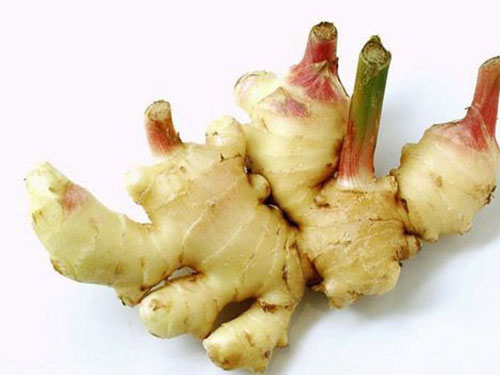
A variety of products on the market utilize the benefits of ginger.
If you experience scalp itching or inflammation, consider creating a mask using ginger powder, ginger juice (mix ginger with hot water), or ginger oil (diluted with a carrier oil). Apply a small amount directly to the scalp or affected areas, leaving it on for 15-25 minutes before rinsing. Perform this treatment no more than three times a week, and consult a doctor if scalp redness and irritation persist.
Combining ginger and lemon creates a natural shampoo alternative, promoting stronger, faster-growing hair while reducing breakage. Simply prepare a small knob of ginger, one lemon, and 1-2 liters of water. Clean the ginger, peel it, and either grate it or extract the juice. Squeeze the lemon juice, removing the seeds. Mix the ginger and lemon juices in a 1:1 ratio, bring the mixture to a boil for five minutes, and then let it cool.
Harnessing the Power of Ginger to Grow Hair Faster and Reduce Dandruff at Home
Are you struggling with thinning hair or encountering other hair issues? Have you heard of the remedy that combines ginger with certain ingredients to promote hair growth, reduce hair loss, and be done from the comfort of your home?

























